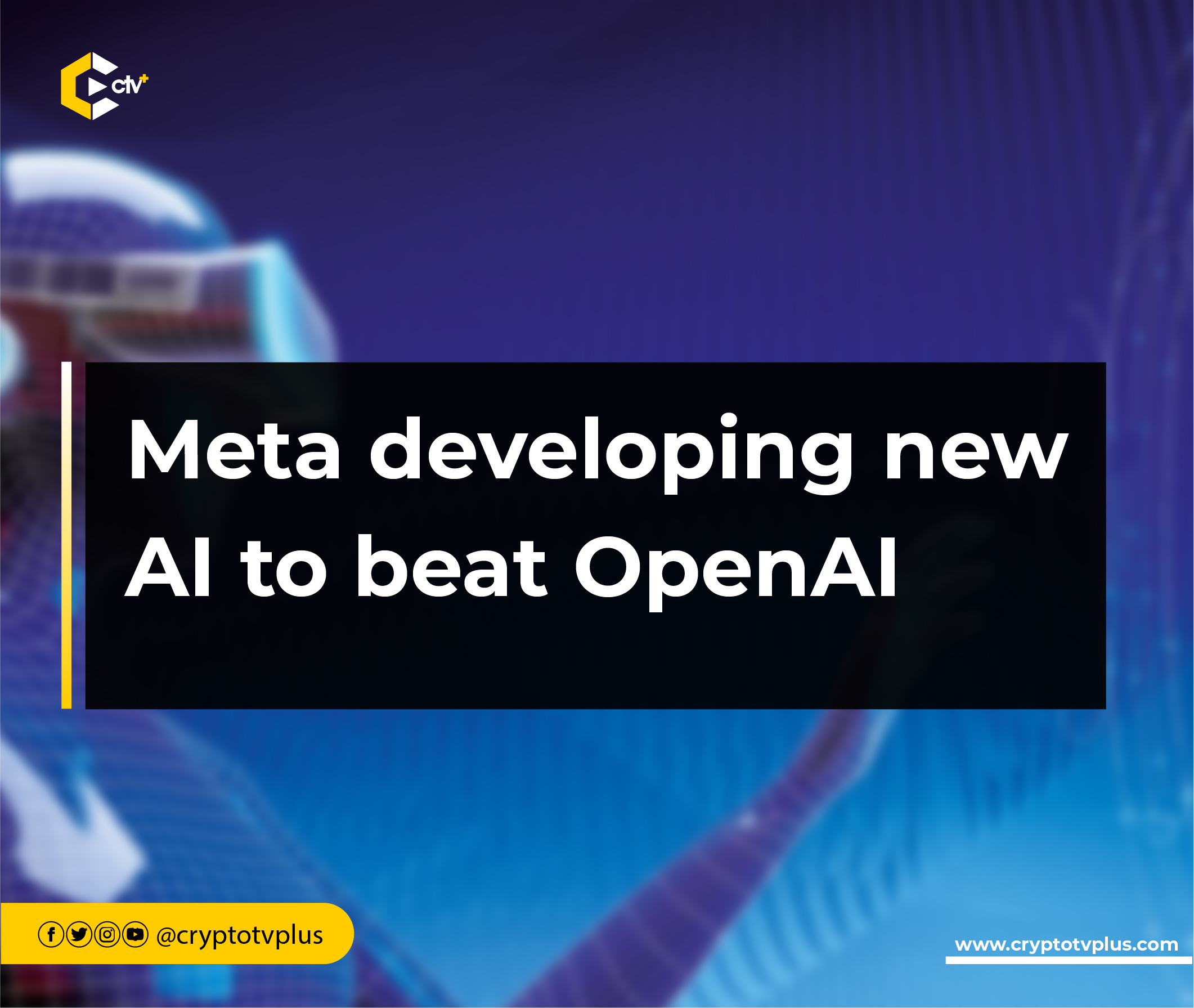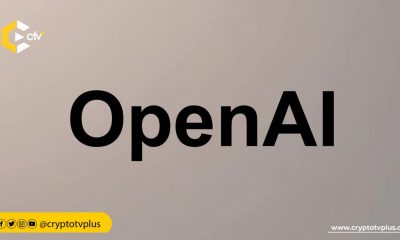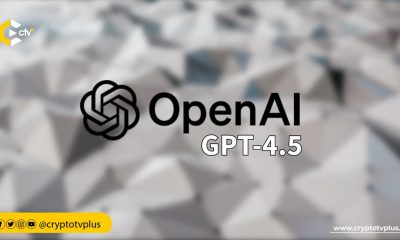News
Meta developing new AI to beat OpenAI

Meta Platforms, the parent company of Facebook and Instagram, is reportedly working on a new artificial intelligence system to rival OpenAI’s advanced models, according to sources cited by the Wall Street Journal (WSJ).
The media firm said that the project aims to create an AI model significantly more powerful than Meta’s current offering, Llama 2.
Llama 2, an open-source AI language model launched in July, is Meta’s next generation of an open-source large language model which is available for free for research and commercial use.
The pre-trained models are trained on 2 trillion tokens and have double the context length compared to Llama 1.
There are two main variants: Llama Chat, pre-trained on publicly available online data sources, and Code Llama, a code generation model trained on 500 billion tokens of code, supporting several programming languages.
The project has global partnerships and support from various companies, cloud providers, researchers, and policy advocates.
They emphasize an open and responsible approach to AI innovation, providing resources like a Responsible Use Guide, safety red-teaming, an AI research community program, an impact challenge, and a generative AI community forum.
The new model being developed by Meta is expected to be released in early 2024 and is a major aspect of Mark Zuckerberg’s plan to make Meta a contender in the AI industry.
Details from the WSJ reveal that Meta is expanding its data centers and acquiring advanced Nvidia chips for AI training.
It intends to train the new model using its infrastructure, emphasizing its commitment to open-source AI offerings, which can be freely used by companies to develop AI-powered tools.
The competition in AI is intensifying
Although Meta and Microsoft have formed an alliance to support the Llama 2 on Azure and Windows, firms such as Google, and Alibaba are also treading the AI path.
Statista reported that the industry is projected to have a market size valued at over $2 trillion by 2030.
In August, Alibaba Cloud released two open-source large language models (LLMs) with 7 billion parameters each: Qwen-7B and Qwen-7B-Chat.
It noted that the models, especially Qwen-7B-Chat, can engage in human-like conversations. Alibaba Cloud’s goal in releasing these open-source models is to democratize AI technology and assist startups in the field of large language models (LLMs).
As part of providing a regulatory structure, Spain established its national AI agency called the Spanish Agency for the Supervision of Artificial Intelligence (AESIA).
Spain becomes the first EU country to establish a dedicated regulatory body for AI oversight.
The clamor for the development of the use of AI is bound to rise over the next decades especially due to the industry’s promises of the industry on its own and in alliance with other technologies such as blockchain and crypto.
Read also: AI, blockchain, and gaming: experts discuss the future

























Pingback: Meta developing new AI to beat OpenAI | CryptoTvplus – The Leading Blockchain Media Firm – AIoT World News